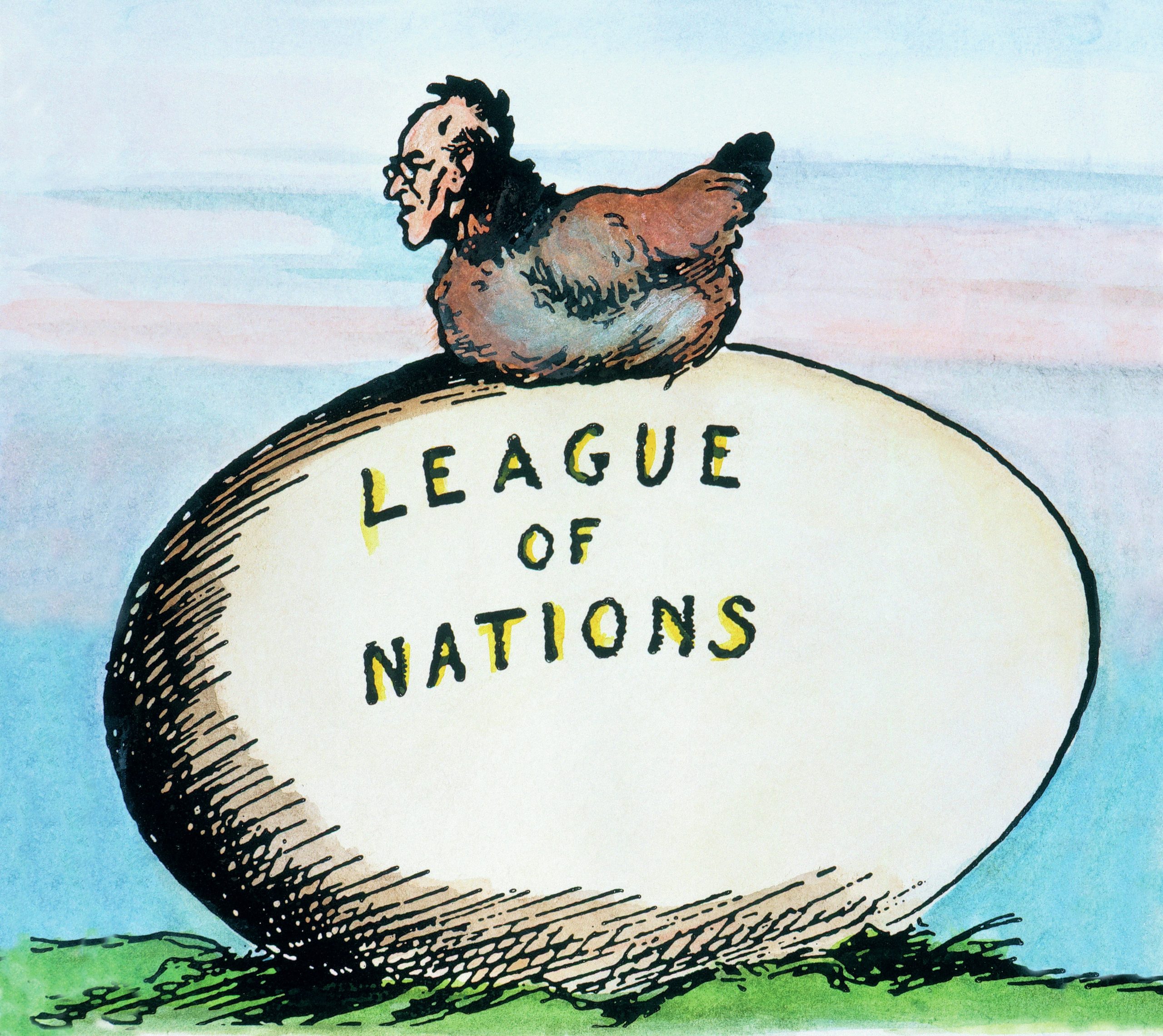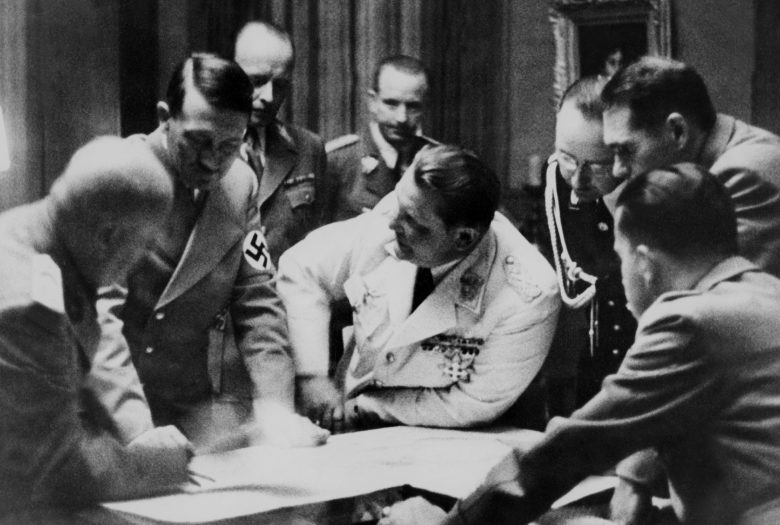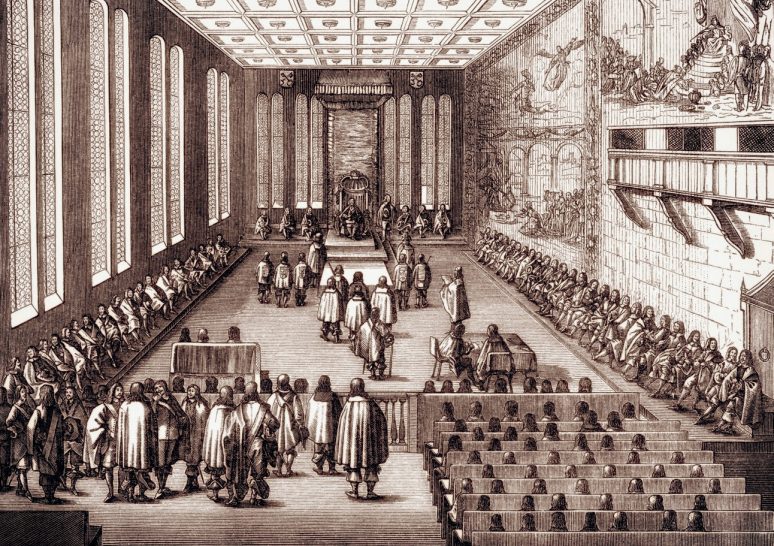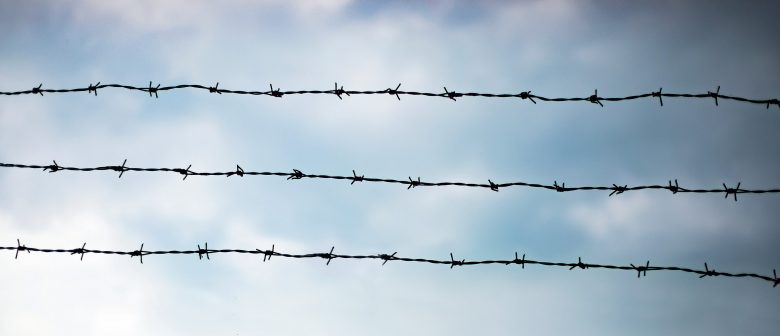
The First World War was the worst example of mass slaughter in human history. As it eventually wound down, the traumatised societies and victims began to look for some worthwhile outcome to justify, or at least counterbalance, the suffering and sacrifice. Officially, the war was known at the time in Great Britain as ‘The Great War for Civilisation.’ Today such a title looks at least ironic, at most a contradiction in terms since the result, in many eyes, was barbarism.
None the less, those who had responded to the nations’ call to sacrifice now expected something back from their nations. In Britain, for example, women who had responded enthusiastically to playing a greater role in the economy increasingly looked to be given the vote. On 24 November 1918, only 2 weeks after the armistice, in an election speech in Wolverhampton’s Grand Theatre, Lloyd George promised ‘To make Britain a fit country for heroes to live in.’
Your organisation does not have access to this article.
Sign up today to give your students the edge they need to achieve their best grades with subject expertise
Subscribe




